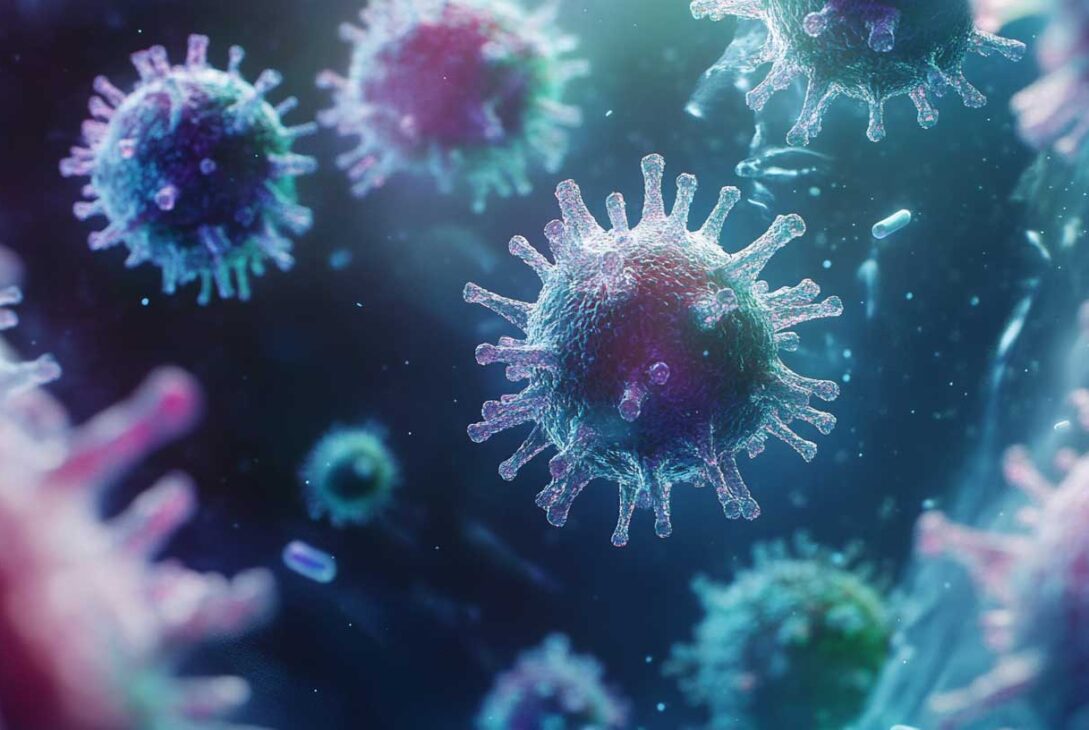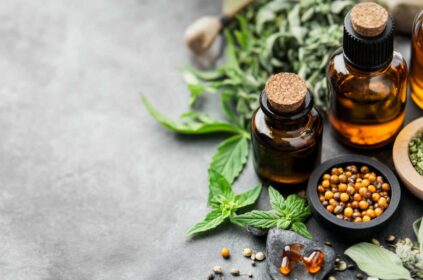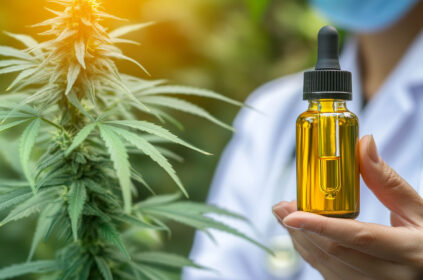Exploring CBD’s Potential Antibacterial Properties: A Comprehensive Guide
Introduction
In an age where antibiotic resistance looms as a significant public health threat, the quest for alternative antimicrobial agents is more urgent than ever. Among the compounds capturing the spotlight is cannabidiol (CBD), a non-psychoactive extract from the hemp plant. This guide will take you through the fascinating world of CBD and its antibacterial properties, exploring how it works, its effectiveness against resistant strains, and its potential to complement traditional antibacterial treatments.
The Antibacterial Properties of CBD
Mechanisms of Action
CBD displays impressive antibacterial activity against a wide array of bacteria, encompassing both Gram-positive and Gram-negative strains. Here’s a closer look at how CBD exerts its effects:
- Disruption of Bacterial Cell Membranes: One of CBD’s distinct mechanisms involves targeting bacterial cell membranes directly, which is somewhat akin to popping a tiny water balloon. By destabilizing the membrane, CBD causes bacterial contents to spill out, ultimately leading to the bacterium’s demise.
- Interference with Bacterial Processes: Beyond membrane disruption, CBD can also interfere with crucial bacterial processes. This includes halting the activity of proteins essential for bacteria to function and thrive. Such versatility allows CBD to be effective against diverse bacterial species.
Effectiveness Against Antibiotic-Resistant Bacteria
One of the most compelling aspects of CBD is its capability to combat antibiotic-resistant bacteria, which have become an alarming health concern. Research suggests that CBD effectively eradicates bacteria resistant to conventional antibiotics, including:
- Methicillin-resistant Staphylococcus aureus (MRSA): CBD has shown consistent results against MRSA, a notorious Gram-positive bacterium linked to severe skin and respiratory infections, providing an alternative where traditional treatments may fail.
- Gram-Negative Bacteria: While Gram-negative bacteria are notoriously tough due to their protective outer membranes, studies have uncovered that CBD can also be effective against certain strains, such as Neisseria meningitidis, responsible for meningitis, and Legionella pneumophila, which can cause pneumonia.
Synergistic Effects with Traditional Antibiotics
CBD doesn’t just stand alone—it has displayed potential in enhancing the effectiveness of traditional antibiotics when used in conjunction:
- Enhanced Efficacy: Research highlights that CBD can amplify the antibacterial effects of certain antibiotics, such as erythromycin and rifampicin, against bacteria like E. coli. By harnessing this synergistic effect, healthcare providers could add a formidable weapon to their antibiotic arsenal.
- Combination Therapies: The combination of CBD with antibiotics such as vancomycin and colistin promises to improve treatment outcomes, particularly for difficult-to-treat infections. This partnership might help reduce antibiotic resistance, making generating positive results more likely.
Implications and Future Directions
Addressing Antibiotic Resistance
Antibiotic-resistant infections present a daunting global health crisis. CBD’s potential to kill bacteria without promoting resistance makes it a noteworthy candidate in the fight against this issue. Its unique mechanism of action challenges the conventional paths that bacteria utilize to adapt.
Clinical Applications
While laboratory results paint a promising picture, further research is essential to assess CBD’s clinical applicability as an antibacterial agent. Current studies are examining its role in treating various infections, including:
- Skin infections
- Respiratory infections
- Sexually transmitted infections
Safety and Delivery
CBD’s safety profile in humans is generally favorable, particularly noted in epilepsy treatments. Its anti-inflammatory properties and versatility in delivery methods—whether topical, oral, or other routes—can broaden its therapeutic applications. However, optimizing CBD’s bioavailability remains a challenge, as its binding to proteins can affect how effectively it operates within the body.
Frequently Asked Questions
Can CBD Oil Be Used to Treat Bacterial Infections?
While CBD oil exhibits promising antibacterial properties, it shouldn’t be viewed as an alternative treatment just yet. Ongoing research is necessary to fully clarify its efficacy and safety for treating bacterial infections.
How Does CBD Compare to Traditional Antibiotics?
CBD presents several advantages over traditional antibiotics, particularly its ability to effectively combat antibiotic-resistant bacteria while exhibiting a lower likelihood of inducing resistance. It’s vital to recognize that CBD should complement, rather than replace, antibiotics in treatment regimes.
Are Hemp-Based Products Generally Antimicrobial?
Yes, hemp-derived products, including those containing CBD, have displayed antimicrobial attributes. This is chiefly attributed to the natural defense mechanisms of the hemp plant, though the effectiveness can differ based on extraction methods and product quality.
Conclusion
The exploration of CBD’s antibacterial properties uncovers exciting possibilities in addressing the pressing issue of antibiotic resistance. Its unique action mechanisms, ability to work synergistically with traditional antibiotics, and promising safety profile underline the need for further research. As scientists advance their work in this field, CBD may one day become a crucial tool for combating bacterial infections and reducing the global burden of antibiotic resistance.
Actionable Takeaways
- Consider CBD as a Complementary Therapy: If you’re facing challenges with antibiotic-resistant infections, it might be worthwhile to discuss the potential role of CBD with your healthcare provider.
- Stay Informed: Keeping up with the latest findings in CBD-related research will enhance your understanding of its evolving role in antimicrobial therapy.
- Quality Matters: When choosing hemp-based products, ensure they are sourced from reputable providers and are extracted in ways that preserve their antimicrobial properties.
By integrating CBD into bacterial infection treatment paradigms, we might just be on the brink of a significant breakthrough that could reshape therapeutic strategies in an increasingly antibiotic-resistant world.




















